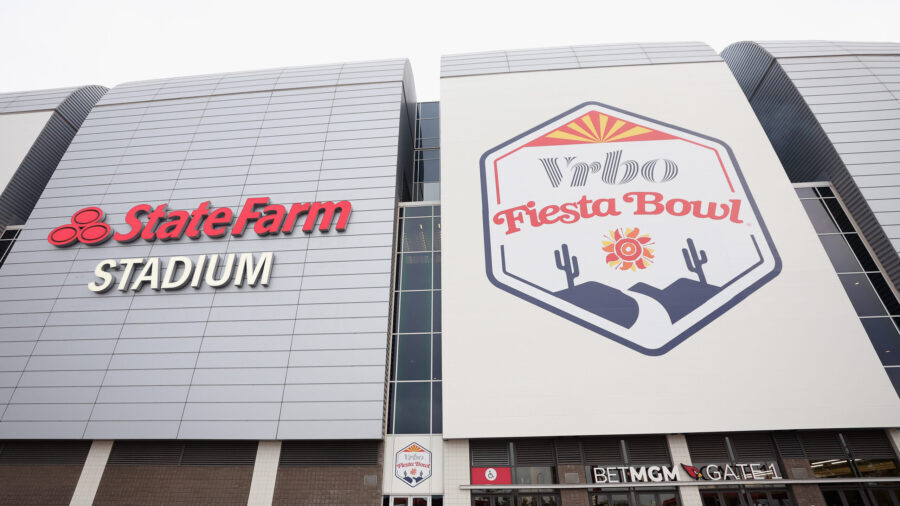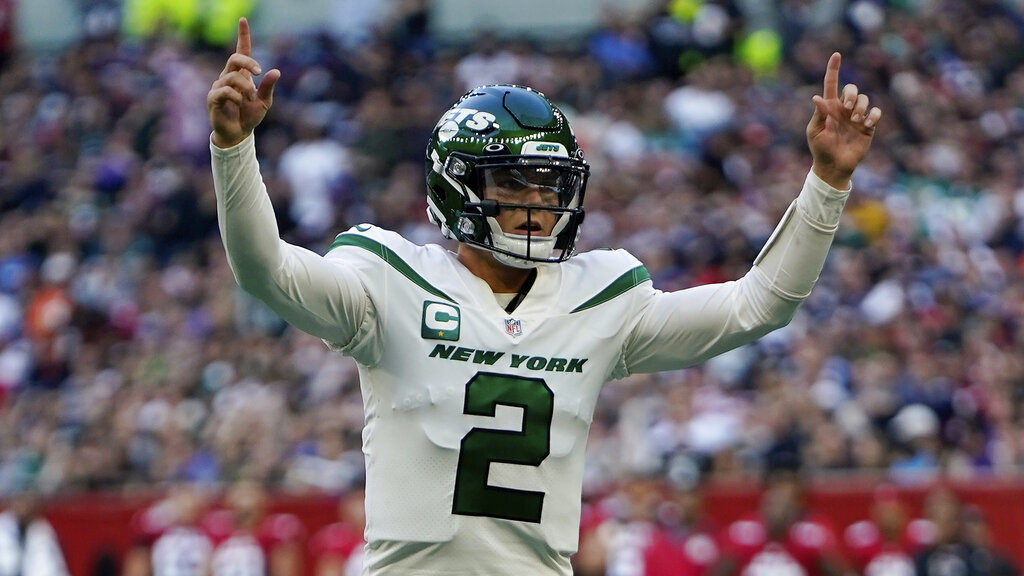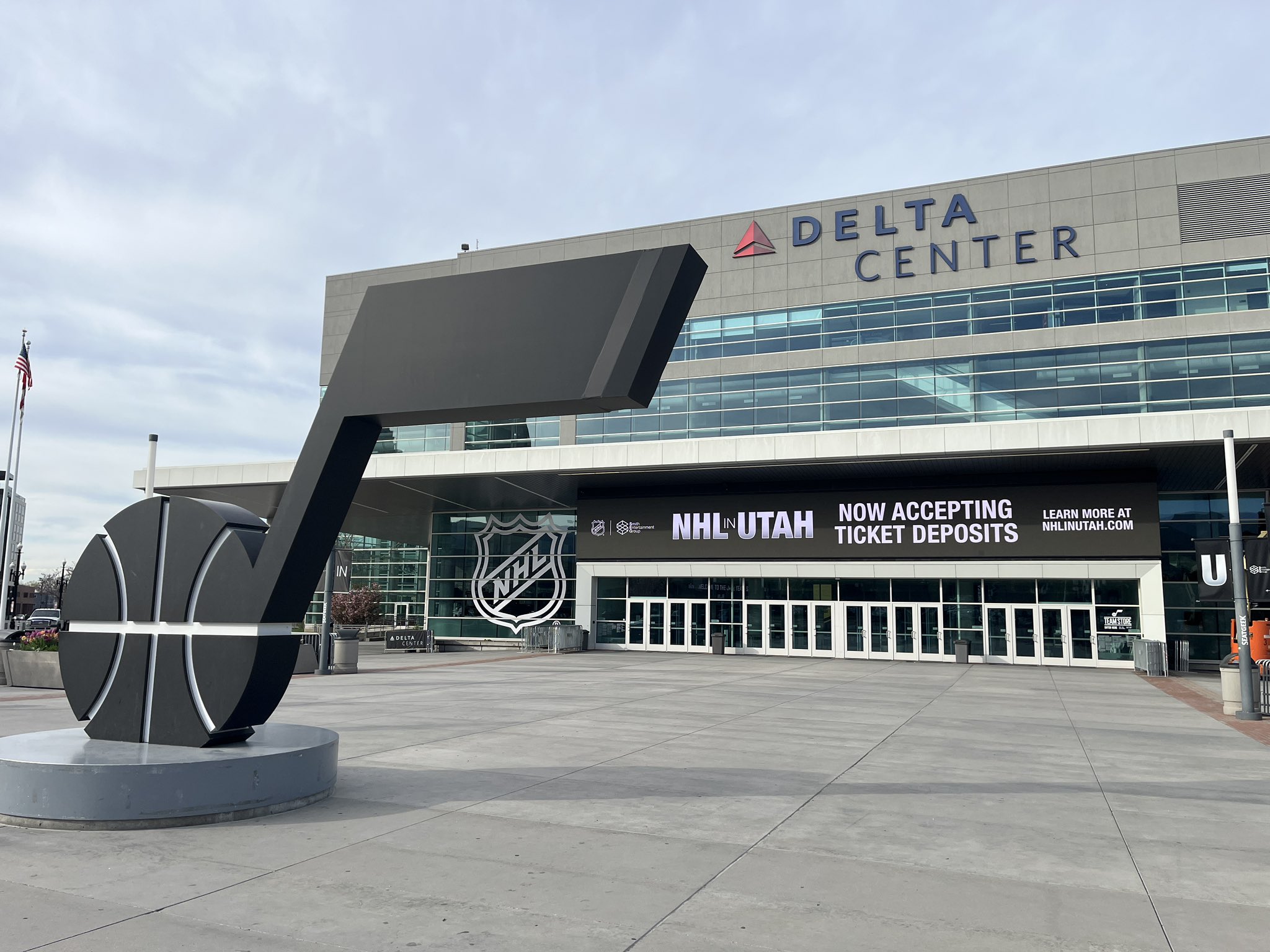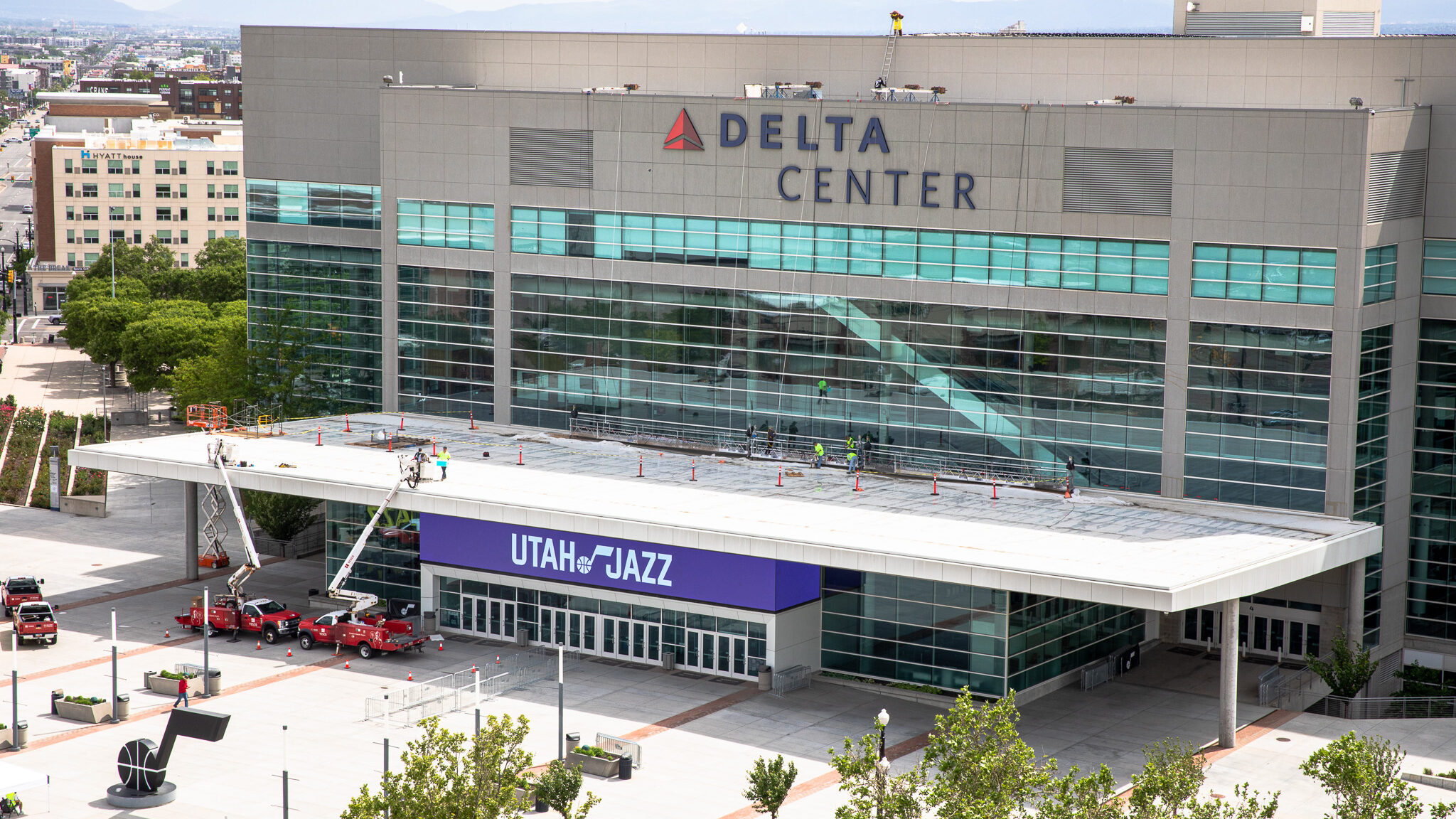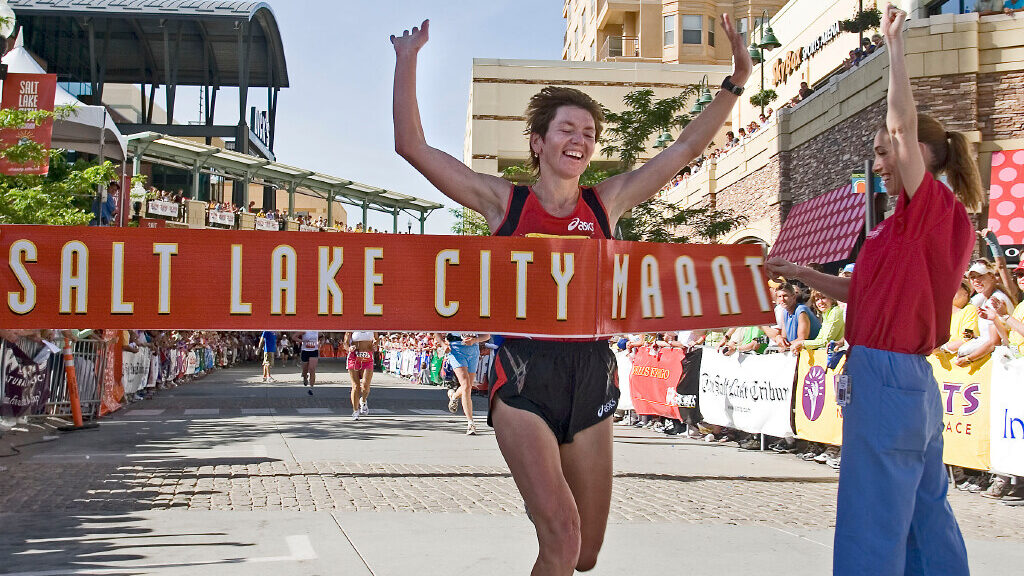No mask requirement for University of Utah football home opener, officials still urge masks
Sep 2, 2021, 8:14 AM
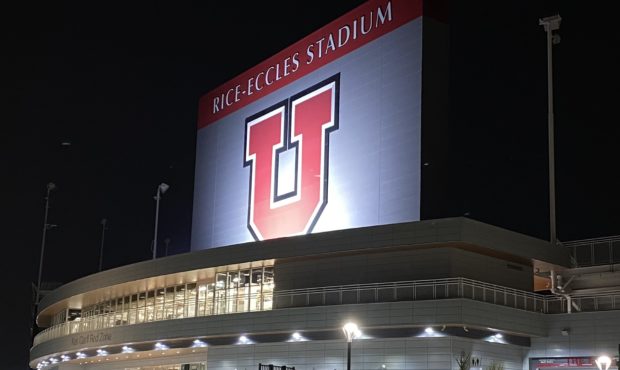
Rice-Eccles Stadium lit up on Sept. 2, 2021 (Derek Petersen KSLTV)
(Derek Petersen KSLTV)
SALT LAKE CITY – Football fans have waited a long time for this. The University of Utah is hosting the first full-stadium game since the start of the pandemic. However, officials are urging all fans to be responsible and help limit the spread of COVID-19.
Rice-Eccles Stadium is expected to have more fans than ever for the 2021 home opener against Weber State University. The school added more seats to the south end of the stadium, and Utah Athletics Spokesman Paul Kirk said fans are fired up to be there in person. There were only three games at the stadium in the 2020 season, and Kirk said they didn’t have nearly as many fans in the crowd.
“There’s a lot of excitement among fans to be able to return to games at Rice-Eccles Stadium and all of our venues as our teams return to action. That’s also terrific for our student-athletes and our coaches,” he said
University officials recently announced they would require all students to get their COVID-19 vaccination to attend class, saying they require vaccinations for other things like mumps or rubella. However, not every fan at the game is a student, so they can’t require every spectator to be vaccinated. Kirk said they also can’t issue a mask mandate without a statewide order. However, he said the University of Utah strongly encouraging all fans to wear masks though.
Kirk said, “There’s an encouragement to wear masks, especially in indoor locations. So, that will be the encouragement for our fans.”
Utah…
It’s GAMEDAY pic.twitter.com/33VlFJvxAy
— Utah Football (@Utah_Football) September 2, 2021
Could the season be cut short if COVID-19 cases continue to climb?
Kirk said the Utah Department of Health would have to give guidance on that before any decision could be made.
“We’ll continue to follow what the state guidelines and what health officials recommend,” he said.
However, Kirk said limiting the spread of COVID-19 was one of the main reasons they switched to cashless concessions and paperless tickets.
“That reduces the transmission of physical materials and cash, in that way,” according to Kirk.


